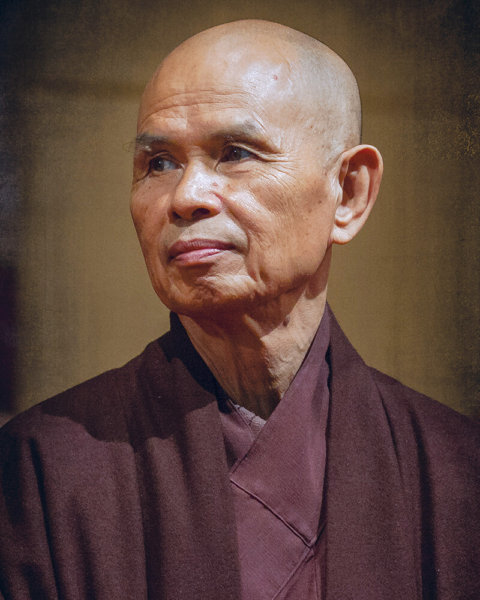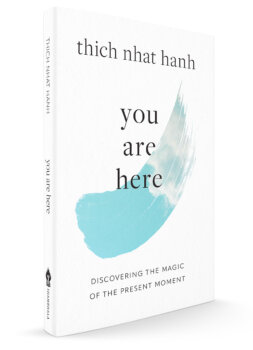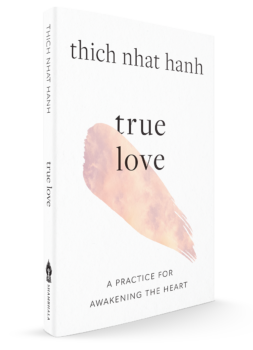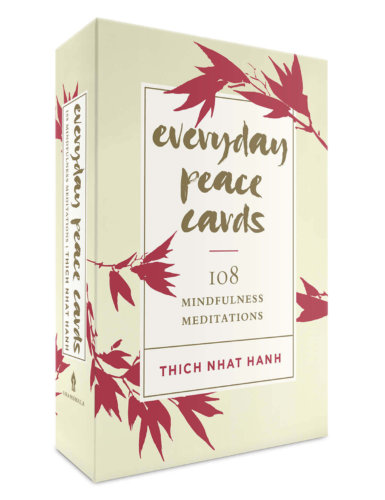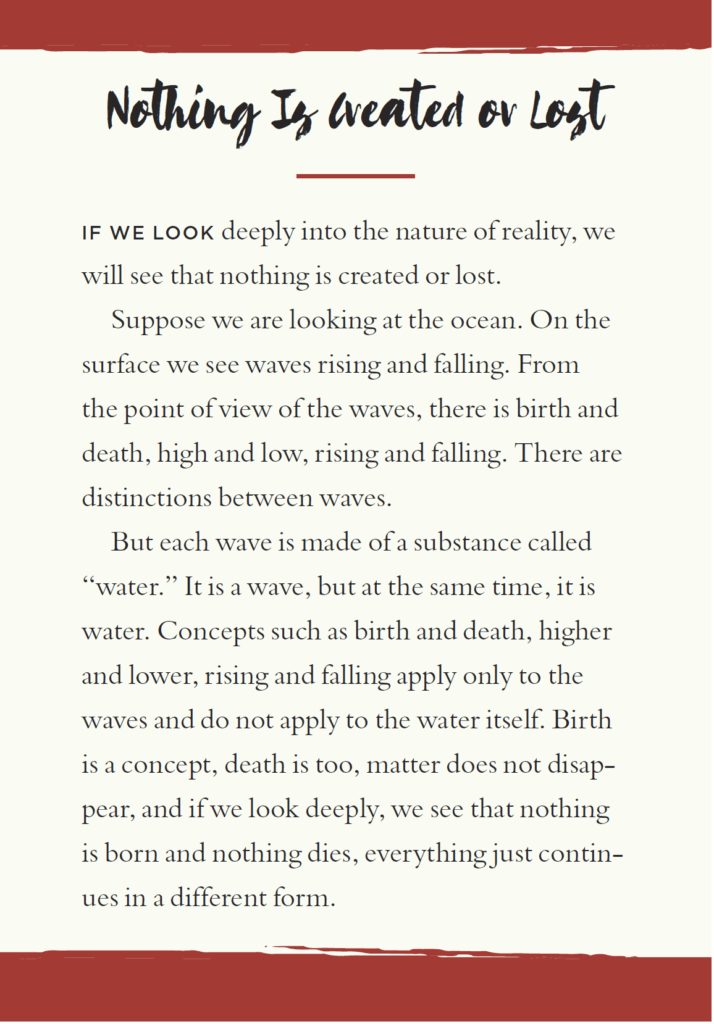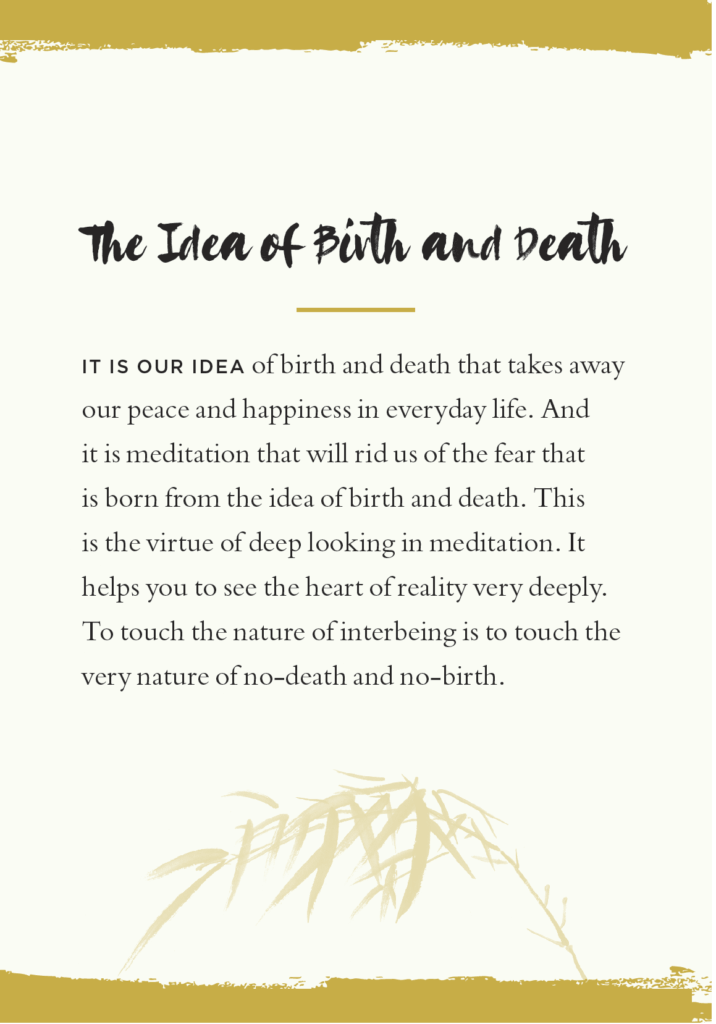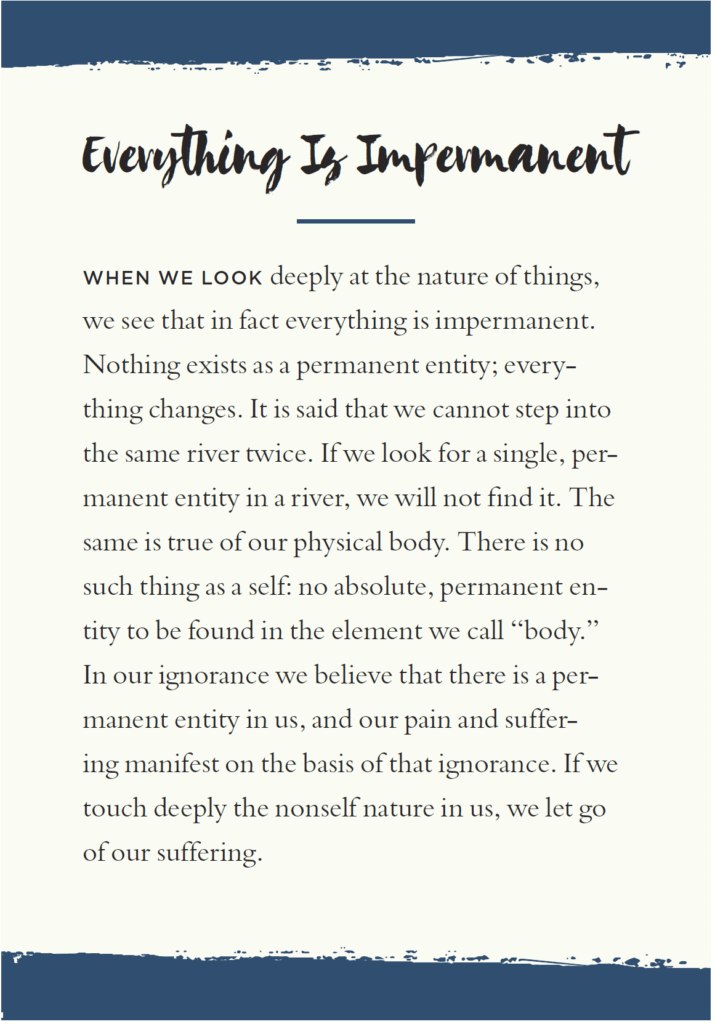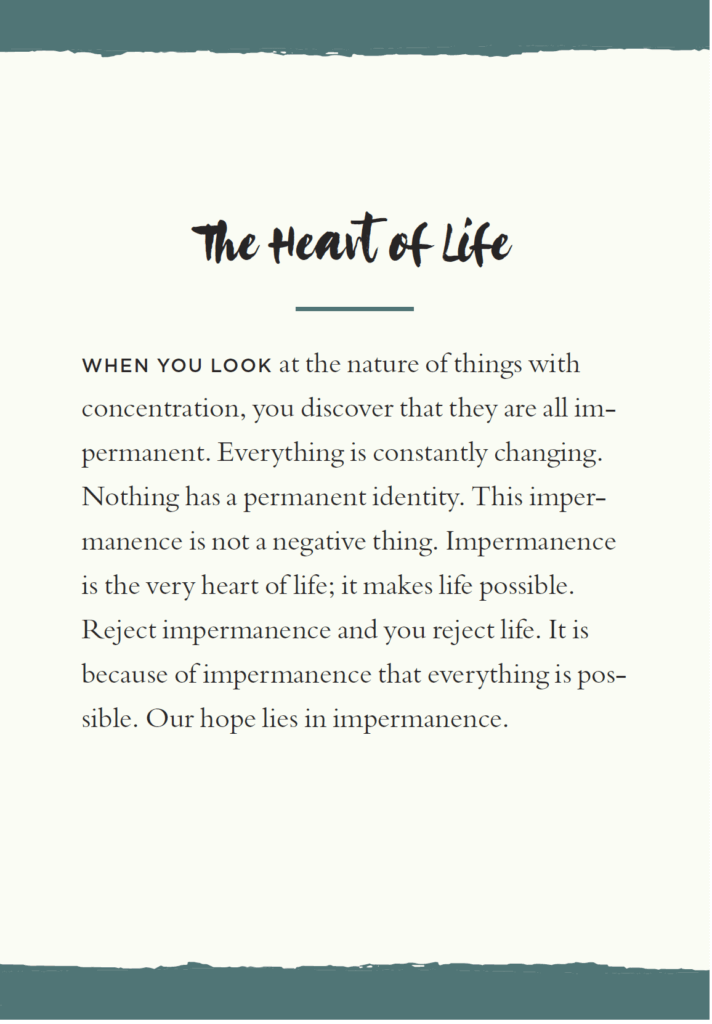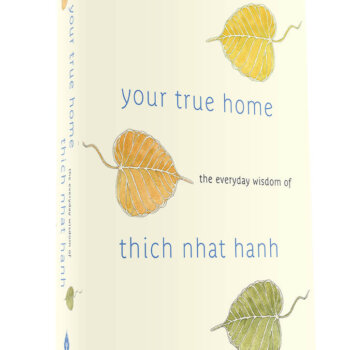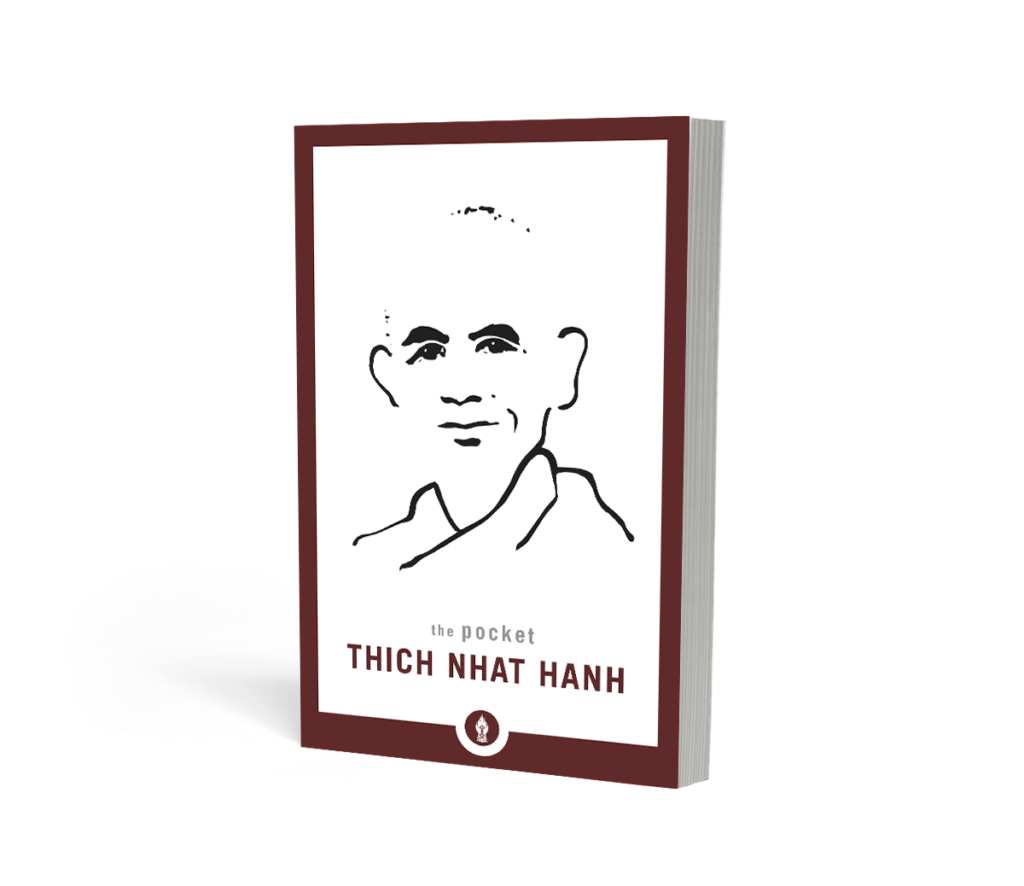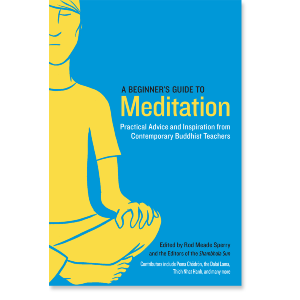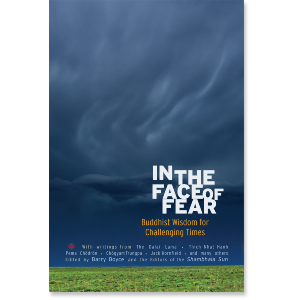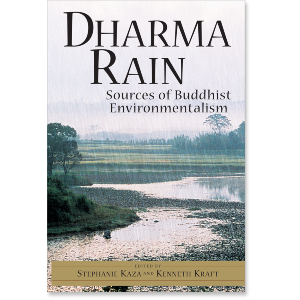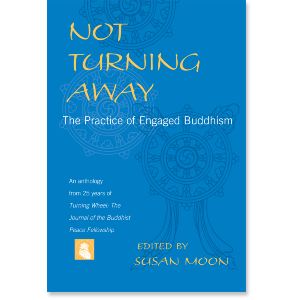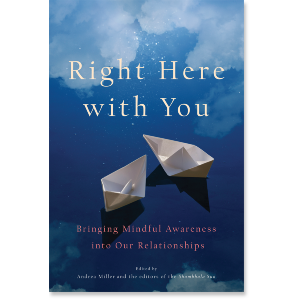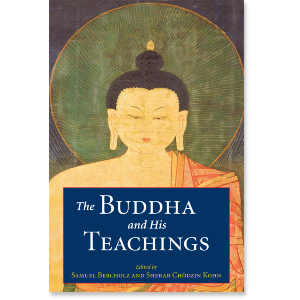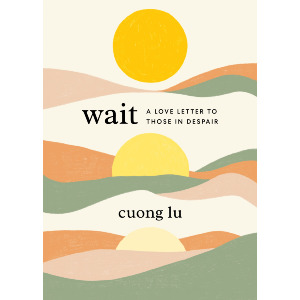About Thich Nhat Hanh
Zen Master Thich Nhat Hanh, who passed away January 22, 2022, was a global spiritual leader, poet, and peace activist.
Born in Hue, Vietnam in 1926, Thich Nhat Hanh was exiled from Vietnam during the Vietnam War and he then settled in France. In 1967, Dr. Martin Luther King, Jr. nominated him for the Nobel Peace Prize. He traveled extensively, giving talks and leading retreats around the world on the art of mindful living. Meditation Centers in his tradition include Plum Village in France as well as retreat centers throughout Europe and in the United States, Australia, Thailand, Hong Kong, and Vietnam.
Thich Nhat Hanh’s key teaching is that, through mindfulness, we can learn to live happily in the present moment and that the present moment is the only way to truly develop peace, both in one’s self and in the world.
Books and Audio by Thich Nhat Hanh
$16.95 - Paperback
$21.95 - Hardcover
Cut through the busyness and anxieties of daily life to discover the simple happiness of living in the present moment, as taught by a world-renowned Zen monk.
In this book, Thich Nhat Hanh—Zen monk, author, and meditation master—distills the essence of Buddhist thought and practice, emphasizing the power of mindfulness to transform our lives. But true mindfulness, Hanh explains, is not an escape. It is being in the present moment, totally alive and free.
Based on a retreat that Thich Nhat Hanh led for Westerners, You Are Here offers a range of effective practices for cultivating mindfulness and staying in the present moment—including awareness of breathing and walking, deep listening, and skillful speech. These teachings will empower you to witness the wonder of life and transform your suffering, both within and outside you, into compassion, tenderness, and peace. As Thich Nhat Hanh declares, “the energy of mindfulness is the energy of the Buddha, and it can be produced by anybody.” It is as simple as breathing in and breathing out.
Downloadable Audiobook. Click sample below:
Paperback | eBook
Audiobook Download
$14.95 - Paperback
In a new edition of this classic, the renowned Zen monk and bestselling author Thich Nhat Hanh explains what real love is and how we can experience it in our daily lives, for readers of any faith.
Thich Nhat Hanh offers us a Buddhist view of love along with techniques for manifesting it in our daily lives. In his characteristically direct, simple, and sweet style, he explores the four key aspects of love as described in the Buddhist tradition: loving-kindness, compassion, joy, and freedom.
In True Love, Thich Nhat Hanh explains that in order to love in a real way, we need to learn how to be fully present in our lives. Toward that end, he offers the technique of conscious breathing as a way of synchronizing the mind and the body and establishing the conditions for love. He goes on to offer a mantra practice for cultivating real love that consists of expressing four key statements or intentions in our relationships.
In the concluding section of the book, Thich Nhat Hanh explains how we can bring love to bear on our own pain, fear, and negativity. He explains that we must not regard these things as bad and repress them. We must recognize them as part of us and allow them into our consciousness, where they can be cared for through mindfulness.
Downloadable Audiobook. Click sample below:
Card Deck
$18.95 - MixedMedia
Inspiring, joyful, and deeply insightful, this deck of cards offers daily contemplations and words of wisdom from one of the most important spiritual teachers of our time. These short teachings on mindfulness bring forth his accessible wisdom in a way that offers daily opportunities to make peace with yourself, those around you, and the earth.
Paperback | eBook
$19.95 - Paperback
Bringing the energy of true presence into our lives really does change things for the better—and all it takes is a little training. This treasury of 365 gems of daily wisdom from one of the most beloved Buddhist teachers of our age is a help and support for anyone who wants to train to meet every moment of life with 100 percent attention. Thich Nhat Hanh shows how practicing mindfulness can transform every area of our lives—and how its benefits radiate beyond us to affect others and the whole, larger world.
Paperback | eBook
$12.95 - Paperback
Since Thich Nhat Hanh’s exile from his native Vietnam in 1966, this Zen Buddhist monk has gone on to become one of the most influential and beloved spiritual masters of our age. The seeming simplicity of his words belies the power of this teaching to touch the heart and mind and to inspire spiritual practice. These selections, taken from his many published works, together make up a concise introduction to all his major themes and distill his teachings on the transformation of individuals, relationships, and society.
Books Featuring a Teaching by Thich Nhat Hanh
A Beginner's Guide to Meditation
$19.95 - Paperback
This popular introduction to Buddhist meditation contains two pieces by Thich Nhat Hanh. Finding Your "Breathing Room”: How to Create a Meditation Space and Getting Grounded through Walking Meditation
$22.95 - Paperback
This powerful anthology of Buddhist approaches to handing fear includes two teachings by Thich Nhat Hanh: Healing Pain and Dressing Wounds and Be What You Need to Be. This collection was put together by the editors at Lion's Roar where you will find many articles on Thich Nhat Hanh.
$34.95 - Paperback
This collection of essays and teachings on Buddhism and the environment includes three pieces by Thich Nhat Hanh. The Sun My Heart, Meal Chants, and Earth Chants.
$24.95 - Paperback
This collection on Engaged Buddhism includes Thay's The Practice of Peace.
$16.95 - Paperback
This anthology centered around bringing mindfulness to our relationships includes Thay's Love Is Being Present.
$21.95 - Paperback
The classic selection of Buddhist teachings includes Thich Nhat Hanh's Engaged Buddhism.
$16.95 - Hardcover
This book by Cuong Lu who was ordained by and is a close student of Thay.

